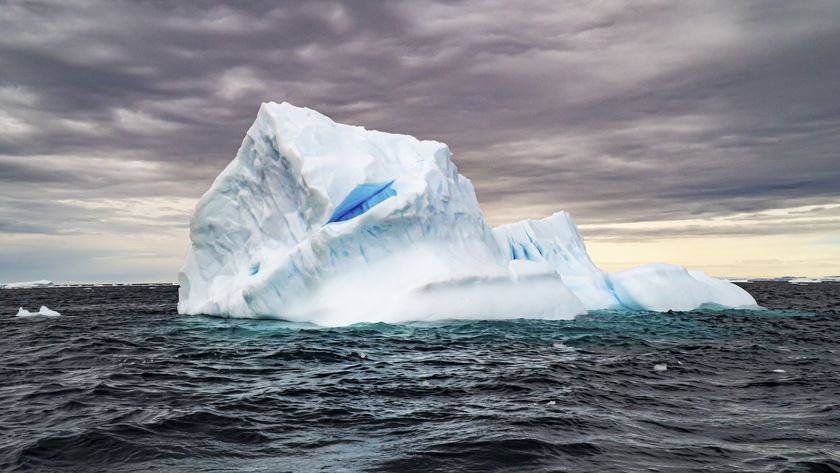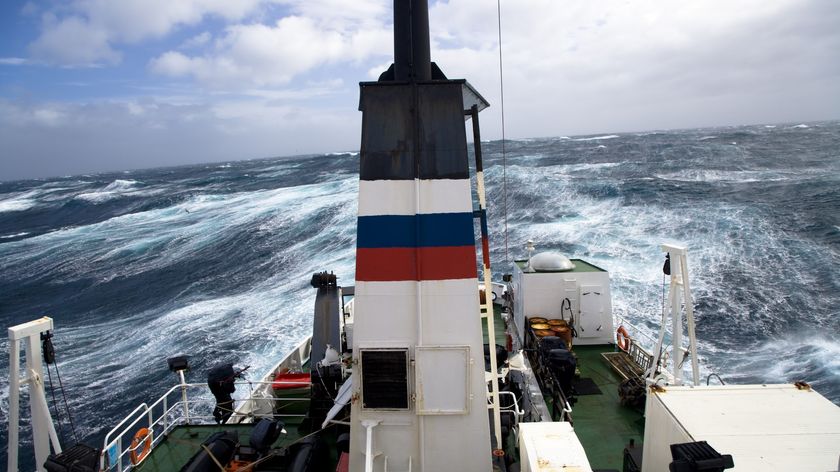Images: Colorado River Connects With Sea
History is made
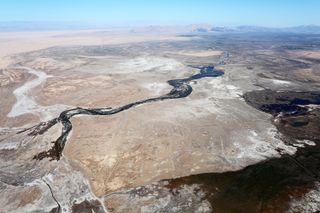
For the first time in decades, freshwater from the Colorado River has flowed into the Gulf of California. The water comes from an international agreement to restore habitat for the plants and animals that once thrived in the river's delta. Here are amazing aerial photos of the artificial flood reaching the Gulf.
Salt-baked
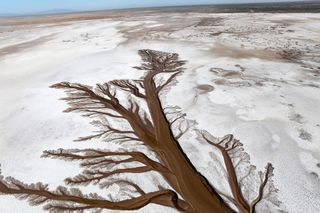
An incoming high tide carved channels through salty mud before connecting with the Colorado River.
Branching out
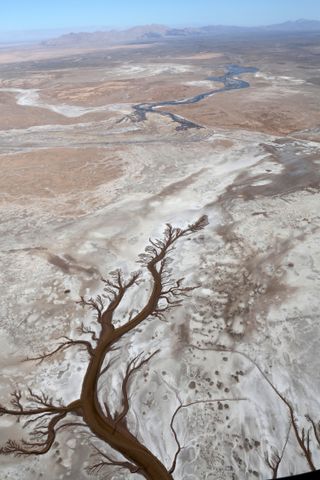
Branching channels form as the high tide flows north toward incoming Colorado River.
Blocking the way
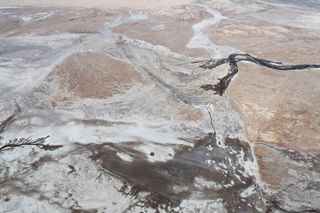
A sandbar blocked the river's route to the sea for several days. The Colorado River is on the right side of the photograph.
The final link
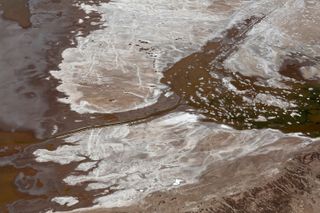
High tides on May 15 surged through an artificial channel in a sandbar, forging a link between the river and the Sea of Cortez, according to scientists monitoring the flood.
Delta flooding
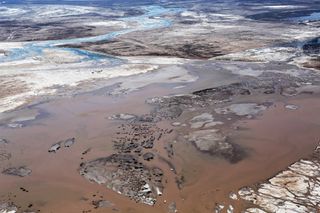
More freshwater arrived in the Colorado River delta than has been seen here in decades. In this image, the river is flowing from the upper left.
New life
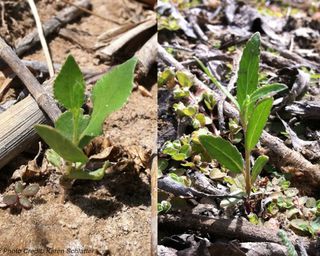
Cottonwood (left) and willow (right) seedlings have sprouted naturally in restoration sites fed by the Colorado River's artificial flood.
Sign up for the Live Science daily newsletter now
Get the world’s most fascinating discoveries delivered straight to your inbox.

